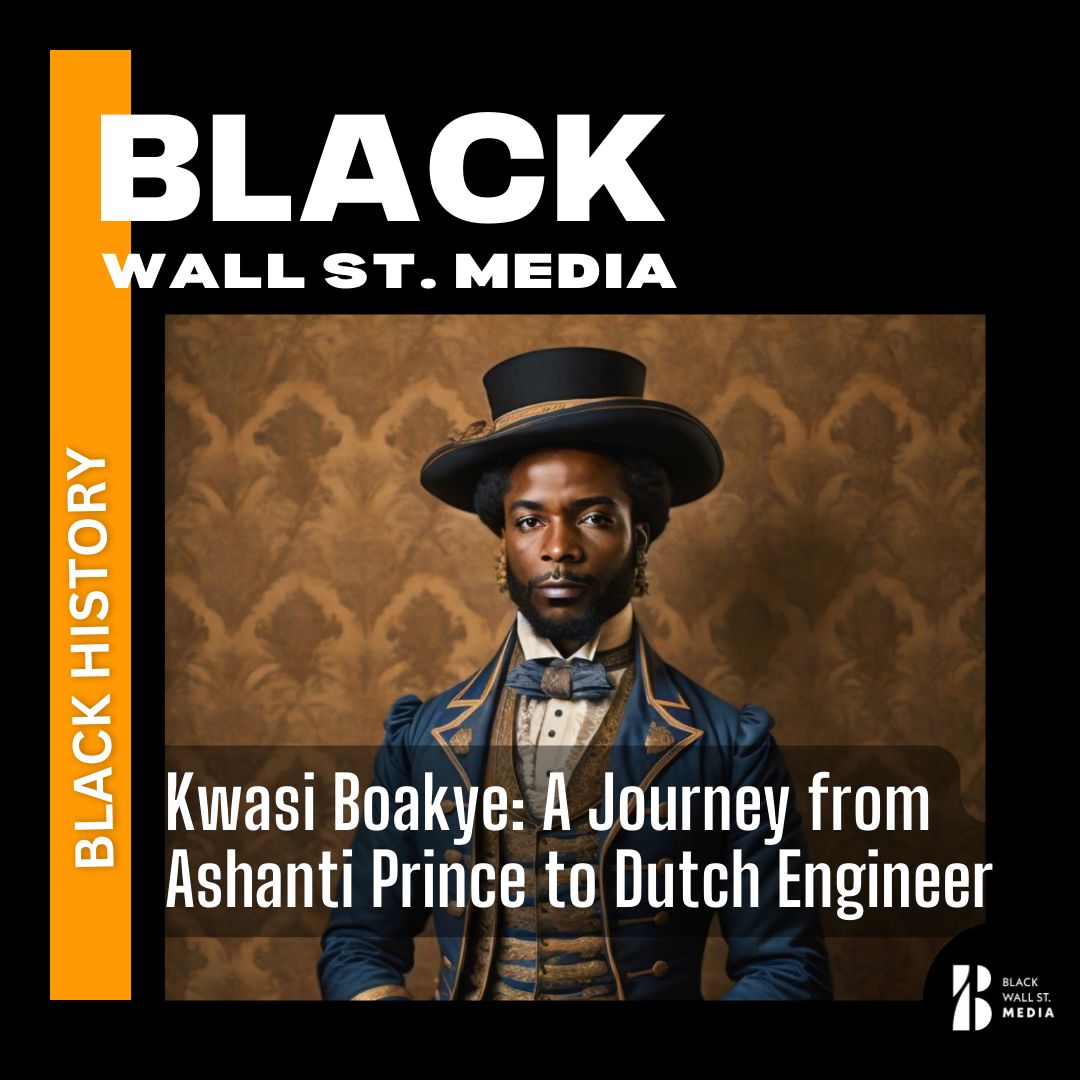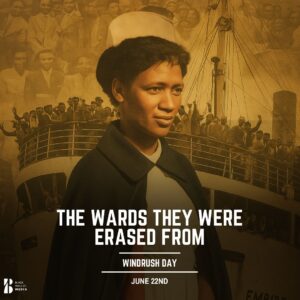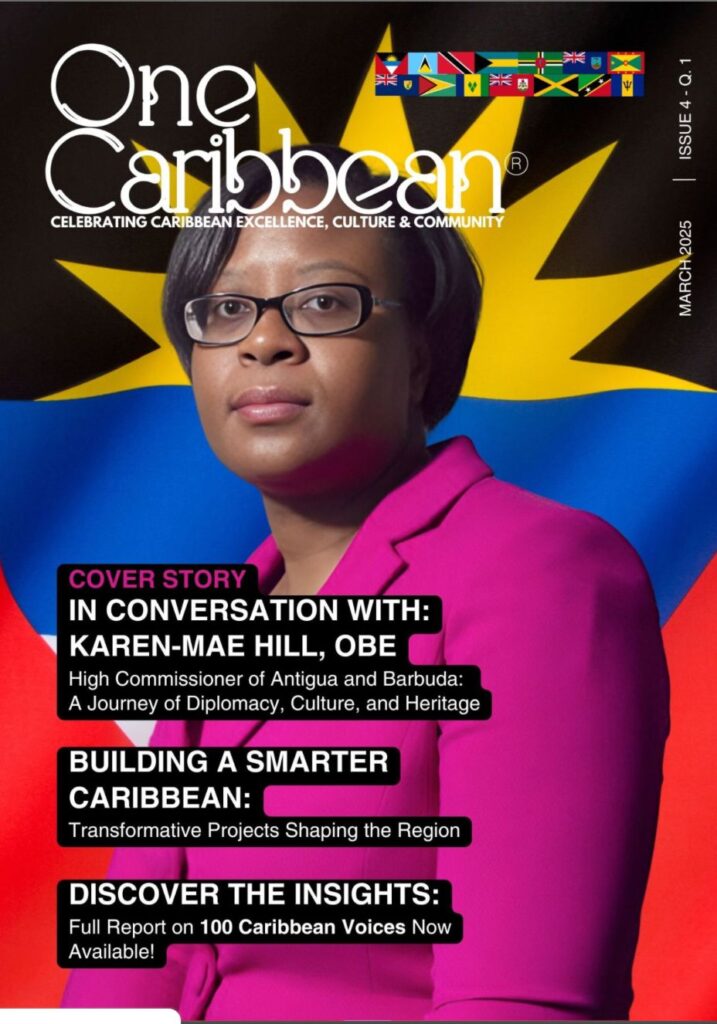HISTORY
Kwasi Boakye: A Journey from Ashanti Prince to Dutch Engineer
“Discover the remarkable journey of Kwasi Boakye, an Ashanti Prince sent to the Netherlands in 1837 for education during negotiations between the Ashanti Empire and the Dutch. Graduating as a mining engineer, he faced discrimination in the Dutch East Indies but left an enduring legacy. Explore his story!”
Black Wall St. MediaContributor

Kwasi Boakye, born on 24 April 1827, was not just a Prince of the Ashanti Empire but a historical figure whose life took an unexpected turn, leading him from the shores of Africa to the educational institutions of the Netherlands.

A Journey from Ashanti Prince to Dutch Engineer
His story unfolds as part of broader negotiations between the Ashanti and the Dutch, shedding light on the complex interactions of the 19th century.
Early Life and Departure:
Kwasi Boakye’s father, King Kwaku Dua Panin, the eighth King of the Ashanti Empire, made a pivotal decision in 1837.
Concerned with the changing tides of the era, particularly the slave trade and migrations to the Americas and Europe, King Kwaku Dua Panin sent his son, Kwasi Boakye, along with his cousin Kwame Poku, to the Netherlands.
The purpose was clear – to receive an education that would contribute to the negotiations between the Ashanti Empire and the Dutch, specifically regarding the recruitment of Ashanti soldiers for the Dutch East Indies Army.
Education in the Netherlands:
The agreement between King Kwaku Dua I and King William I stipulated that Kwasi Boakye and Kwame Poku would return to the Dutch Gold Coast after completing their studies.
While Kwame Poku adhered to the plan, Kwasi Boakye decided to stay in the Netherlands. He pursued studies in mining engineering at the Delft Royal Academy, a decision that would shape his future in unexpected ways.
Graduating in 1847, Boakye’s academic journey continued with lectures at the Freiberg Mining Academy in Germany.
Career Challenges and Achievements:
In 1850, Kwasi Boakye ventured to the Dutch East Indies, where he faced discrimination from his superior, Cornelius de Groot van Embden.
Despite the challenges, Boakye persevered and received financial compensation in 1857. His contributions to the field led to his appointment as a member and correspondent for the Dutch East Indies in 1871.
As part of the compensation, Boakye was granted an estate in Bantar Peteh, south of Buitenzorg, where he spent the remainder of his life until his passing in 1904.
Legacy and Recognition:
Kwasi Boakye’s legacy extends beyond his engineering achievements. He became a member of the Association of Civil Engineers, later transformed into the Association of Delft Engineers, and was appointed an honorary member in 1893.
Notably, Dutch writer Arthur Japin crafted a historical fiction novel, “The Two Hearts of Kwasi Boachi” (1997), based on the lives of Kwasi Boakye and his cousin Kwame Poku, immortalizing their remarkable journey.
Kwasi Boakye’s life reflects the intricate tapestry of 19th-century global interactions, from diplomatic negotiations between empires to personal decisions that altered destinies.
His resilience in the face of discrimination and his contributions to engineering showcase a man whose story transcends borders and epochs, leaving an indelible mark on the history of both the Ashanti Empire and the Netherlands.
Black Wall St. MediaContributor











